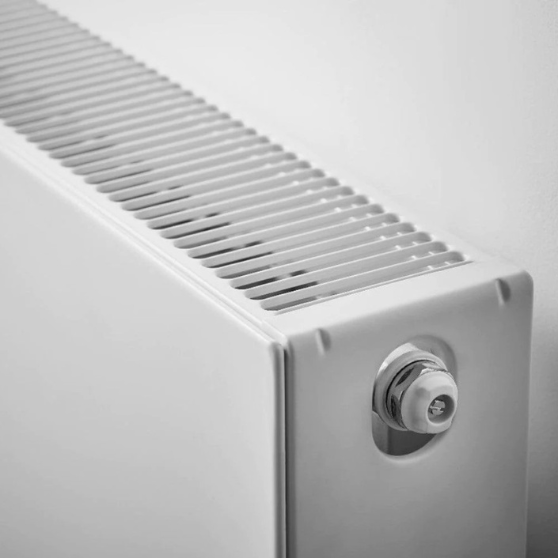Heating systems are a great way of keeping your home toasty warm, especially during the chilly winter months. One of the most important components in this system that gives off heat is the radiators.
More often than not, radiators can be left to do their job. However, now and again, they require some maintenance to ensure that they are working at optimal capacity.
What are the key steps in radiator maintenance?
- Clean Your Radiators
- Check for Leaks and Corrosion
- Bleed Your Radiators
- Lubricate Valves and Bolts
- Upgrade Your Radiator Valves
Why is radiator maintenance important?
Maintaining your radiators is crucial for ensuring the efficiency and longevity of your heating system. Regular maintenance can help prevent costly repairs, improve energy efficiency, and keep your home warm and comfortable during the winter months.
![]()
![]()
![]()
![]()
![]()
1. How do I clean my radiators properly?
Radiators often accumulate dust and grime, which can reduce their heating efficiency. Once you’ve switched your heating system off and allowed it to cool completely, give your radiator a good hoovering. Then grab a feather duster and clean off any remaining dust before wiping it down with soap and water, no chemicals! Afterwards, dry the radiator well to prevent it from moulding or rusting.
Even the most intricate radiator designs can be cleaned efficiently, especially our stunning Terma Ribbon radiator which comes with its very own brush!
2. How do I check my radiators for leaks and corrosion?
Start by visually inspecting each radiator in your home, looking for any signs of moisture, water, or rust along the surface or around the valves and connections. Run your hands along the bottom of each radiator to feel for any dampness, particularly near the valves and joints where leaks often occur. Tighten any loose connections with a wrench if necessary. Additionally, examine the surface of the radiator for reddish-brown patches or flakes, indicating corrosion. If you suspect a leak but can't locate it visually, you can use a radiator leak detector spray or solution to identify the problem area.
Aluminium radiators offer a superior option as they are resistant to rust and corrosion, ensuring long-lasting durability and reliability for your heating system.
Why should I check my radiators for leaks and corrosion?
Regular checks are essential to prevent water damage, ensure efficient heating, extend the lifespan of your radiators, and maintain safety within your home. By addressing issues early, you can avoid costly repairs or replacements in the future.
3. Why is it important to bleed my radiators?
When it comes to maintaining your heating system, bleeding a radiator is a crucial step that should not be overlooked. By releasing trapped air within the radiator, you can ensure that it operates at maximum efficiency, keeping your home warm and comfortable.
Check out our blog on how to bleed your radiators for a step-by-step guide.
4. How do I lubricate the valves and bolts?
Start by turning off the radiator and allowing it to cool down. Once it's cool, use a lubricant spray or oil to lubricate the valves and bolts. Be sure to follow the manufacturer's instructions and use the appropriate lubricant for your specific radiator model.
Why is it important to lubricate the valves and bolts on my radiators?
When radiators are left unused for long periods, the valves and bolts can become stiff, making it difficult to adjust the temperature or perform maintenance. By lubricating them regularly, you ensure that they remain in good working condition and prevent any issues from arising.
5. Why should I upgrade my radiator valves?
Upgrading to thermostatic radiator valves (TRVs) automates temperature control, adjusting heat output based on room temperature for precise comfort. TRVs optimize energy usage by preventing overheating and enabling customized heating settings for each room, leading to increased efficiency and lower heating bills.
-------------------------------------------------------------------------------------------------------------
Now that you're well-equipped with the knowledge of radiator maintenance, why not give it a go yourself? Remember that it doesn't need to be complicated and that you are capable of getting the most efficient heating out of your radiators!

